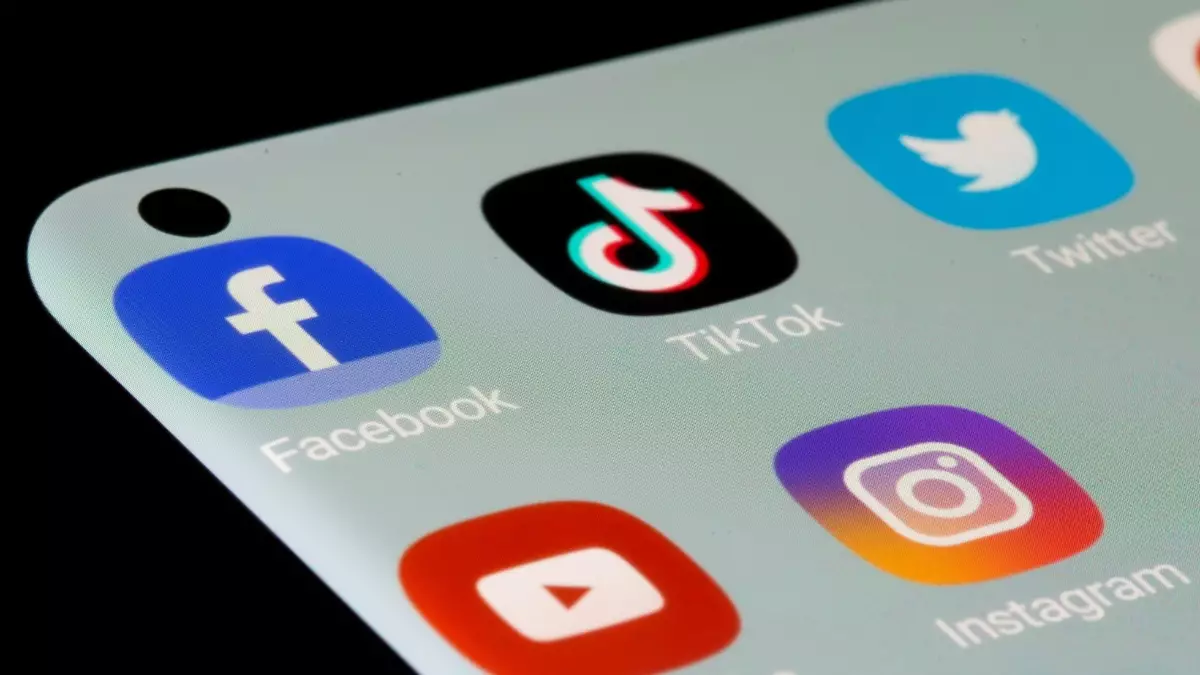The Australian government’s plan to set a minimum age limit for children to use social media has sparked a heated debate, with Prime Minister Anthony Albanese expressing concerns about the negative impact of social media on children’s mental and physical health. Albanese’s aim is to encourage children to engage in real-life experiences rather than remain glued to their devices, citing the detrimental effects of social media on society.
However, this move has faced backlash from digital rights advocates who argue that imposing an age restriction could potentially drive dangerous online activity underground. Critics warn that restricting access to social media for younger users may lead them to seek out less regulated and potentially harmful online spaces, thus exacerbating the issue rather than solving it.
If implemented, Australia would join the ranks of a few countries seeking to regulate the use of social media by setting a minimum age limit. Previous attempts in the European Union have faced challenges due to concerns about limiting the online rights of minors. Meta, the company behind Facebook and Instagram, advocates for empowering young people to benefit from their platforms, highlighting the importance of parental guidance over outright restrictions.
With approximately four-fifths of Australia’s 26 million people active on social media, the impact of this proposed age restriction is significant. A University of Sydney study revealed that three-quarters of Australians aged 12 to 17 have used social media platforms such as YouTube and Instagram. This data underscores the widespread use of social media among young Australians, raising questions about the potential consequences of restricting access.
While the government aims to address concerns about the negative effects of social media on teenagers, there are challenges associated with enforcing a lower age limit. Critics worry that such restrictions could inadvertently push younger users to conceal their online activity, potentially driving them to less regulated online spaces. Daniel Angus, director of the Queensland University of Technology Digital Media Research Centre, warns that excluding young people from mainstream digital platforms could have serious consequences for their digital literacy and well-being.
Australia’s internet regulator, the eSafety Commissioner, cautioned against restriction-based approaches that limit young people’s access to essential support services. The commissioner highlights the need for a nuanced approach to online safety that takes into account the diverse voices of mental health experts, marginalized groups, and LGBTQIA+ communities. The industry body DIGI echoes these concerns, emphasizing the importance of listening to expert voices to avoid unintentionally pushing children into unsafe online environments.
As Australia embarks on this journey to set a minimum age limit for social media, it is crucial to consider the potential implications of such a policy. While the goal of protecting children’s well-being is noble, striking a balance between regulation and empowerment is essential. By engaging with stakeholders, mental health experts, and marginalized communities, Australia can create a safer and more inclusive online environment for its youth.


Leave a Reply